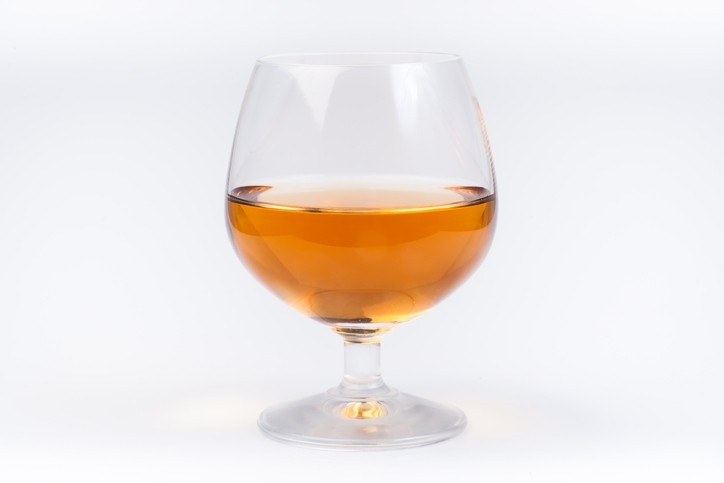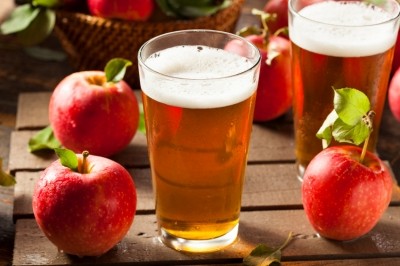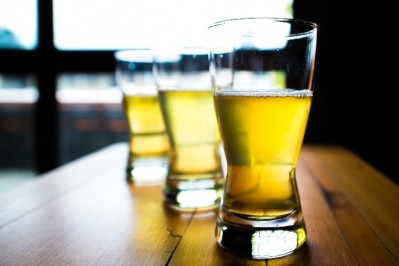Not just for Vikings: Mead is making a worldwide comeback

Even though it has a reputation for being ‘the drink of the Gods’ and one of the oldest alcoholic beverages in history, mead is no longer an antiquated drink. It’s most known in pop culture as the alcohol of choice in medieval television shows and movies, but it’s making its way back into the mainstream.
300 meaderies in the US and growing
Mead is fermented with honey, giving it a strong, sweet aroma. It can be made in several styles - show mead, melomel, sparkling mead, etc. - and adopt different flavors while being consumed primarily like a wine.
In 2017 the American Mead Makers Association (AMMA) found that throughout an 18-month period, a new meadery was opening every three days in the US and every seven days in the rest of the world. Most of the meaderies it surveyed have been open for less than five years (67%), with very few open for longer than ten years (6%).
The US only had 30 commercial meaderies in 2003, rising to 300 in 2016 and now have more than 400 estimated to be active.
The AMMA is a non-profit organization committed to “supporting research and advances in safety, sustainability and technology” within the mead industry as well as “achieving fair legislative and regulatory standards for meaderies.”
Adapting to the market
With a rise in popularity of premium and craft beverages, young consumers are poised to embrace the mead revolution.
“As consumers turn to more complex artisan attributes, including heritage, there is a clear sustained interest in craft brewing and premium alcoholic beverages. Consumers have become more experimental as they try more niche and unique products like mead,” Charles Sissens, consumer analyst at GlobalData, told BeverageDaily.
Cider also has a similar taste to mead as they are both fermented drinks and sometimes carbonated, explains Sissens. After exploding in popularity nearly a decade ago, the hard cider industry has seen highs and lows. Nielsen reported the recent introduction of rosé cider flavors helped sales increase in the first quarter of 2018 after two years of declines.
Consumer interest in sweeter, less alcoholic beverages - like rosé cider - will likely lead to high-end bars adopting drinks like mead as mixers. Sissens believe the pending mead renaissance could be a “tremendous opportunity for both small and big brewers” around the world.
“The mead industry is only just beginning to take off in the UK, however, tactics appear to be the same [as in the US] – a strong craft stance, with the addition of sophisticated glass enclosures which help highlight the premium nature of the product,” he said.







